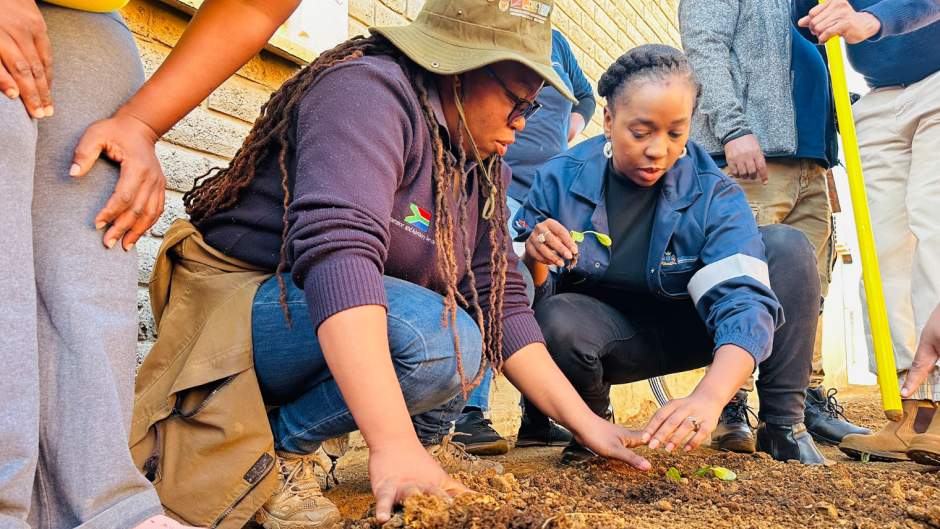JOHANNESBURG - In South Africa’s agricultural landscape, women play an essential role, making up an important portion of the labour force. Despite their crucial contributions, women in agriculture continue to face challenges that hinder their full participation and recognition in the sector.
From subsistence farming in rural communities to more commercial ventures, women are responsible for a wide range of agricultural activities. Yet, their labour is often undervalued, with many women receiving little to no recognition for their work. This imbalance not only affects their livelihoods but also affects the overall growth and productivity of the agricultural sector.
One of the primary barriers to advancing women’s roles in agriculture is access to land. Traditional land ownership structures and policies have historically favoured men, leaving many women without the resources necessary to establish or expand their farming methods. Even within government programs designed to support agricultural development, the requirement of land ownership often excludes women from participation, further entrenching gender inequalities.
“Equitable access to land for women is a top priority for the Gauteng Department of Agriculture and Rural Development,” says MEC Vuyiswa Ramokgopa. “We are actively engaging key stakeholders across both the private and public sectors to address this issue. Our efforts include establishing partnerships through Memorandum of Agreement (MOAs) and facilitating collaboration with the National Department of Land Reform and Rural Development and local municipalities to enhance land access for women in agriculture.” Ramokgopa notes that currently, women own less than 5% of land in Gauteng, underscoring the need for targeted initiatives that ensure women make up 50% of land beneficiaries.
Training would empower women to not only improve their productivity but also to engage more effectively in the commercial aspects of farming, such as marketing, value addition, and accessing finance.
“An annual target has been set to support a minimum of 65 women farmers each financial year,” Ramokgopa highlights. “We have established partnerships with development finance institutions, such as the Land Bank and the Industrial Development Corporation, as well as food manufacturers like PepsiCo. These collaborations aim to eliminate barriers to funding and loans for women farmers, ensuring they have the financial access necessary to thrive in the agricultural sector.”
Ramokgopa also shared success stories from initiatives that have empowered women to advance within the agricultural value chain. “Loretta Visagie, a mixed farmer in Vanderbijlpark, is one of the beneficiaries of the Nguni Cattle Project. She has increased her cattle from an initial donation of 30 pregnant heifers to nearly 110 Nguni cattle. Another inspiring initiative is the VoiceOut Deaf Cooperative led by Matebogo Victoria, who employs 11 workers with hearing impairments. The cooperative, which produces tomatoes, lettuce, and peppers on 4 hectares, has been supported by our department to remain sustainable.”
Initiatives aimed at empowering women in agriculture have gained traction, highlighting the ongoing need to address the unique challenges they face.
“Currently, 60% of subsistence farmers are female,” Ramokgopa emphasised. “We want to see women play a bigger role in the agricultural sector, and our aim is to help accelerate that process. Women must be provided with the essential resources required to achieve significant success in the agriculture sector. Our goal is to increase the number of women commercial farmers and empower them to create sustainable job opportunities.”
As South Africa continues to struggle with issues of food security and economic development, empowering women in agriculture is not just a matter of justice; it is a critical component of building a sustainable and prosperous future for the nation.
- Minenhle Thusi

